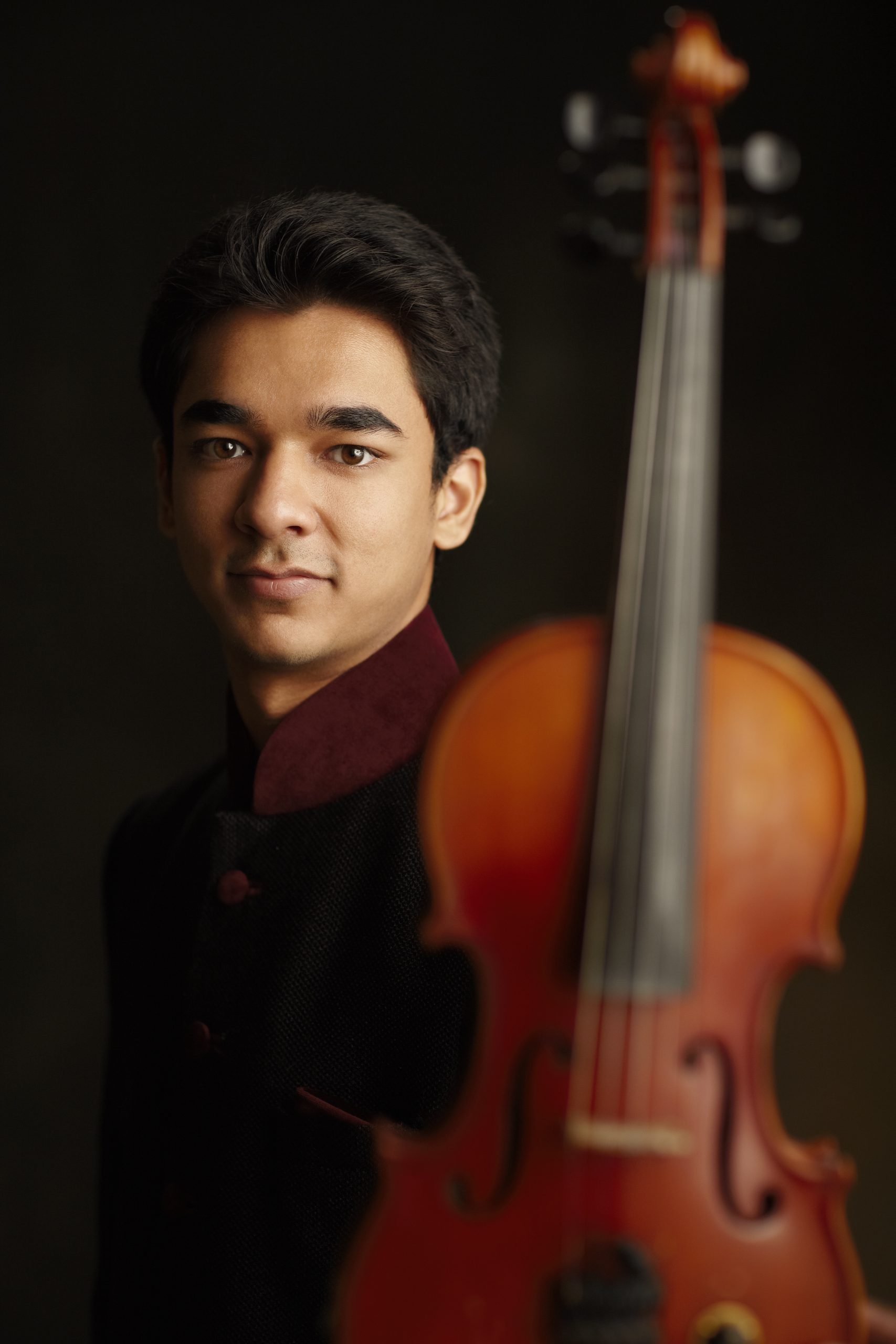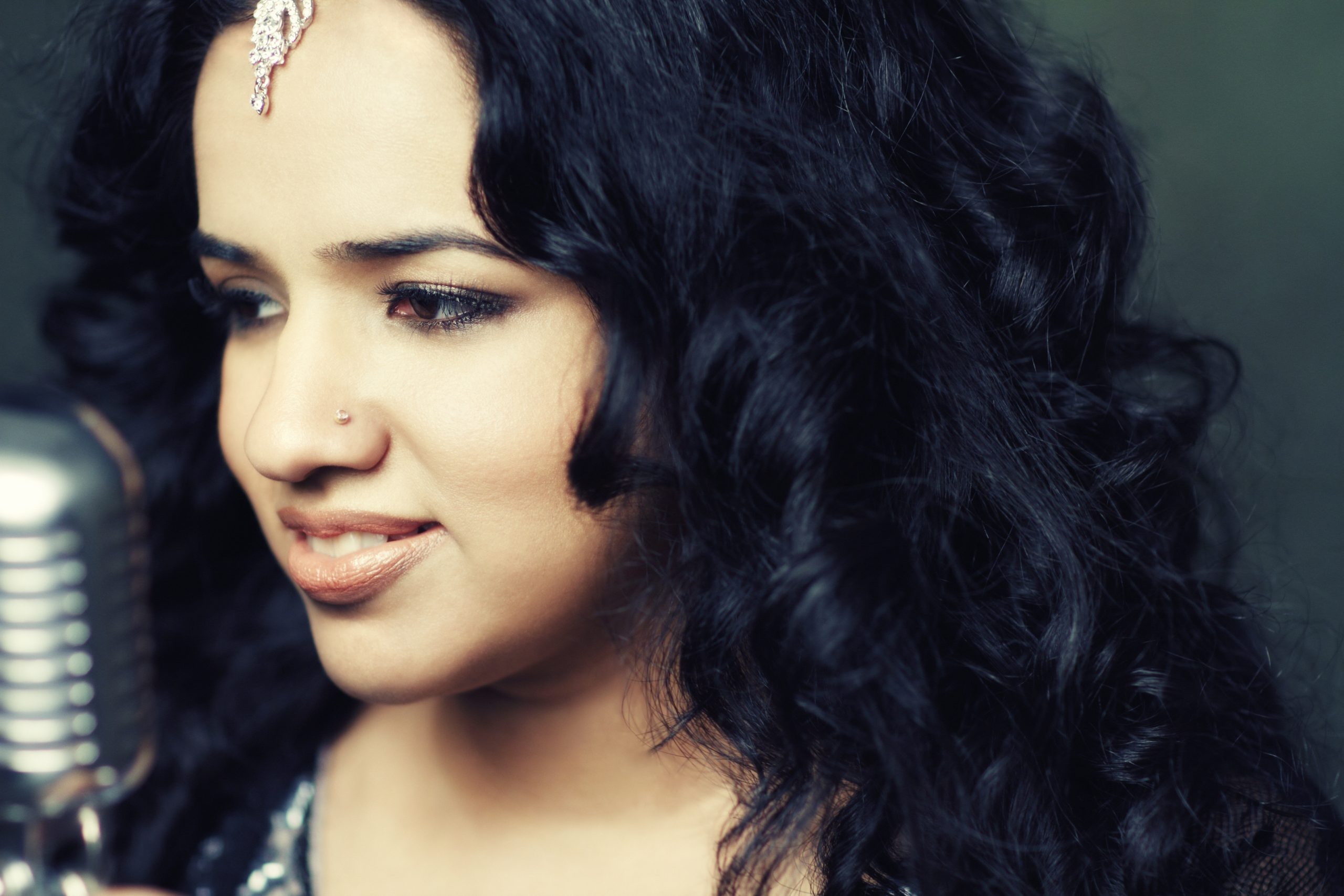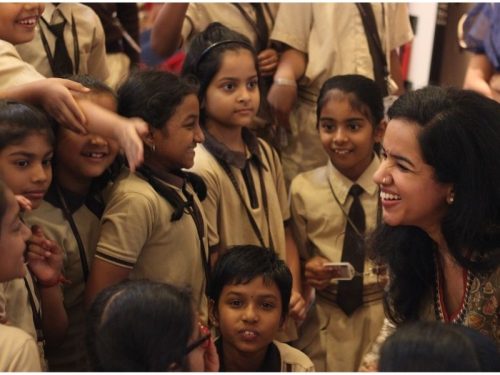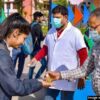SaPa in Schools draws parallels between music and math
– Dipta Joshi
The Subramaniam Academy of Performing Arts (SaPa) (estd. 2007) was founded by India’s leading musicians, violin icon Dr. L. Subramaniam and Bollywood singer, Kavita Krishnamurti Subramaniam to nurture the next generation of performers in the country. Carrying on the legacy, the duo’s children singer-songwriter Bindu Subramaniam and violinist Ambi Subramaniam, launched the organisation, ‘SaPa in Schools’ in 2014. Using music education as the primary channel to usher large-scale transformation, ‘SaPa in Schools’ works with 100 schools each year and has impacted over 100,000 children across India. Speaking to Education World, the founders underline the importance of interdisciplinary learning to develop social equality and 21st century skills in children.
Q) What was the objective behind launching a new ‘SaPa in schools’ organisation? How does it add to SaPa’s existing programmes?
BS: With automation getting more sophisticated, it’s becoming harder and harder to predict employability trends over the next few decades. However, it is clear that the most valued workplace qualities will be a growth mind-set and 21st-century skills like teamwork and communication skills. There is a large body of research that points to the benefits of music education. It is a powerful tool that can cause large-scale transformation, and we are on a mission to make it available to every child. We launched SaPa in Schools to give children structured music education, and to use music as a gateway to developing important life skills. The SaPa in Schools ecosystem was developed in-house, from scratch. Its five pillars – curriculum, methodology, syllabus, assessment, and teacher training – are all backed by verifiable global research. We work in partnership with the Norwegian Academy of Music, Europe’s most prestigious conservatory by the Government of Norway.
Q) Do elaborate on the large-scale initiatives undertaken by SaPa students?

Ambi Subramaniam
AS: In 2018, we launched the 10,000 deeds campaign in partnership with UNICEF and UN partner organisations. The idea was to teach children that we can all achieve the sustainable development goals, one small step at a time.
This year, we partnered with the official headquarters of the Model United Nations to launch the 100,000 deeds campaign with school children across the world. Many of our students at ‘SaPa in Schools’ are semi-professional performers before they are teenagers. They have been featured in music videos that received millions of views across social media platforms, and performed on stage alongside some of the most legendary musicians.
Q) In India, academic excellence has always been given a preference over education in music. Has that attitude changed over the last few years?
BS: Yes, there is a shift towards giving children a better-rounded education. We ensure that children learn how to draw parallels between music and topics like math, science, social change, and more. We also teach them critical thinking, empathy, and teamwork.
Q) You have been stressing on the need for interdisciplinary learning amongst children. How does it benefit and how can music be integrated into it?
AS: It’s extremely important that we introduce interdisciplinary learning in young children. It helps them bring together ideas from everywhere and also develop transferable skills. In the ‘SaPa in Schools’ curriculum, we have a global music component that teaches students about music in different parts of the world and also introduces a cultural component. Through music, children have a chance to learn the basics of the language, and overall tradition and culture of the area. We also have a ‘music and the world around’ component, which connects music to social change, history, science, math, and more.
Q) Do tell us about SaPa India’s online signature courses for children as well as adults?
BS: We’re working on launching an online learning platform, which will include introductory courses on Indian classical singing, violin, song-writing, basics of Bollywood singing, music production, and percussion, among other disciplines.
Q) What impact has the COVID-19 pandemic and the ensuing lockdown had on music education in the country?
AS: This has been a challenging year in many ways, but it’s been particularly tough on school children. Overnight, students went from spending time with friends everyday to an extended, indefinite period of isolation. They suddenly lost opportunities for social interaction and development, like snack breaks and group projects. As educators, it is our responsibility to ensure that we use music education to bridge these gaps and maintain children’s emotional well-being as top priority.
Q) Does the new National Education Policy promote the study of music? What would you have liked to see in the policy?

Bindu Subramaniam
BS: My father Dr. L. Subramaniam and I were invited to give our inputs to the members of the NEP Draft Committee. In my opinion, two main highlights of the policy is that we must pay attention to the arts, and recognise teachers as the most essential members of our society. If 2020 has taught us anything, it is that we can’t possibly predict what things will look like 20 years from now, when children are ready to enter the workforce. What we can say with clarity, however, is that we need responsible, well-rounded people taking charge. The new policy is blurring the lines between “hard” skills like math and science, and “soft” or 21st century skills like teamwork and empathy. To make this vision a reality, we need to focus on the arts.
















Add comment